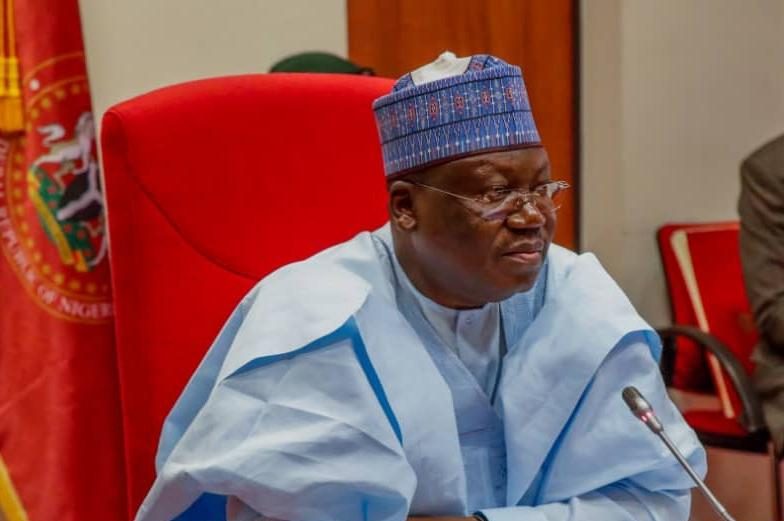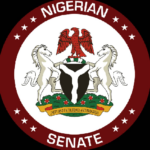The Senate has commenced moves to ban the establishment and operation of shell banks in Nigeria to strengthen the existing system for combating money laundering.
It also seeks to prohibit banks and other financial institutions in the country from maintaining business relationships with shell banks.
- Benue mourns OPWS commander
- PODCAST: How Insurgents take control of over 500 communities in Niger state.
A shell bank is a bank that has no physical presence in the country in which it is incorporated or licensed, and is not affiliated with a regulated financial group that is subject to effective consolidated supervision.
Shell banks operate by using a post office box address for mailing and other correspondence or by having a representative agent or person who accepts mail on their behalf.
The Central Bank of Nigeria (CBN) had, in 2018, called for the enactment of a law that would prohibit operations of shell banks in the country.
Mr Godwin Emefiele, the CBN governor, made the call at a public hearing organised by the House Committee on Banking and Currency on a bill to amend the Banking and Other Financial Institutions Act (BOFIA) and other bills.
He said shell banks, apart from being used for money laundering, distort the banking system and pose as major problems to regulatory agencies.
Emefiele,who was represented at the event by Johnson Akinwumi, CBN Director, Legal Services Department, said: “We wish to propose the introduction of new subsections 3(6 and 7) for the proscription of shell banks in response to the latest recommendations of the Financial Action Task Force (FATF) on money laundering to read:
“Any bank or its subsidiaries without physical presence in the country where it is incorporated and licensed and is not affiliated to any financial services group that is subject to effective consolidated supervision shall not be allowed to operate in Nigeria and no Nigerian bank or its subsidiaries shall establish or continue any relationship with such bank or subsidiary,” he said.
The Senate, on September 15, 2021, introduced a bill seeking to repeal the Money Laundering (Prohibition) Act 2011 and enact the Money Laundering (Prevention and Prohibition) Act 2021.
The new bill, sponsored by Senator Sadiq Umar (Kwara North), has scaled first reading in the Red Chamber.
The bill, according to the sponsor, seeks to provide for an effective and comprehensive legal and institutional framework for the prevention, prohibition, detection, prosecution, and punishment of money laundering and other related offences in Nigeria.
The proposed legislation, a copy of which was obtained by our correspondent, aims to expand the scope of money laundering offences and provide appropriate penalties; provide protection for employees of various institutions, bodies and professions who may discover money laundering, and enhance customer due diligence.
Salient provisions
Section 27 of the Bill seeks to prohibit establishing or operating a shell bank in Nigeria.
It also states that banks and other financial institutions in Nigeria shall not enter into a correspondent banking relationship with (a) a shell bank; or (b) another financial institution that maintains a business relationship with a shell bank.
Subsection 3 of this section mandates financial institutions to terminate business relationships with a shell bank within 14 days after becoming aware of such ties.
Subsection 5 states that any financial institution that knowingly enters into a relationship with a shell bank or fails to terminate the relationship after realizing that it has entered into a banking relationship with a shell bank commits an offence and is liable on conviction to a fine of N100 million and withdrawal of its license to operate.
The bill also says that an officer of a financial institution who facilitates a banking relationship with a shell bank risks a fine of N10 million or two years’ jail term or both.
Subsection 7 states that a fine of N10 million or two years’ imprisonment or both await a person who establishes or operates a shell bank in Nigeria.
The bill also seeks the establishment of a department under the Economic and Financial Crimes Commission (EFCC) to be known as the Special Control Unit against Money Laundering (SCUML).
Any bank that fails to comply with this provision is liable, on conviction, to a fine of N25 million or more.

 Join Daily Trust WhatsApp Community For Quick Access To News and Happenings Around You.
Join Daily Trust WhatsApp Community For Quick Access To News and Happenings Around You.


